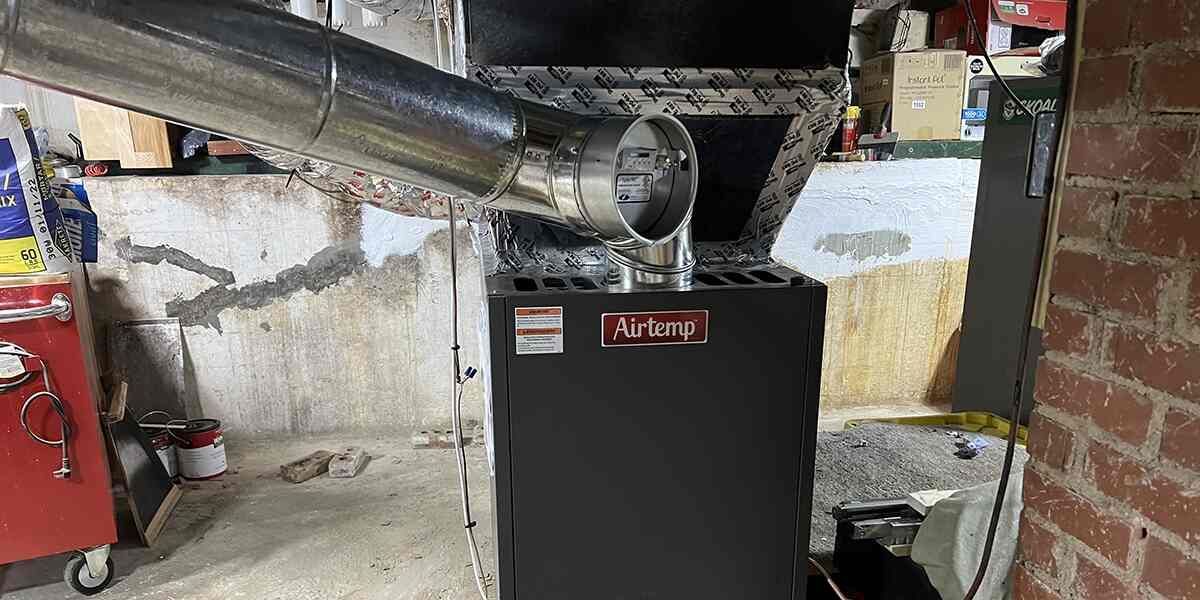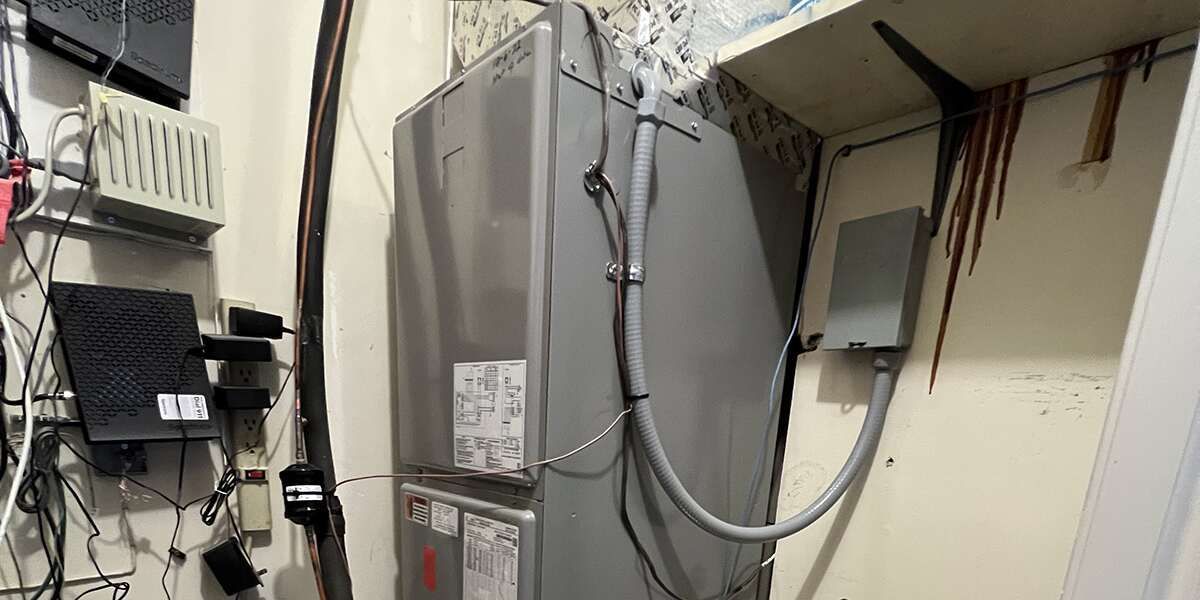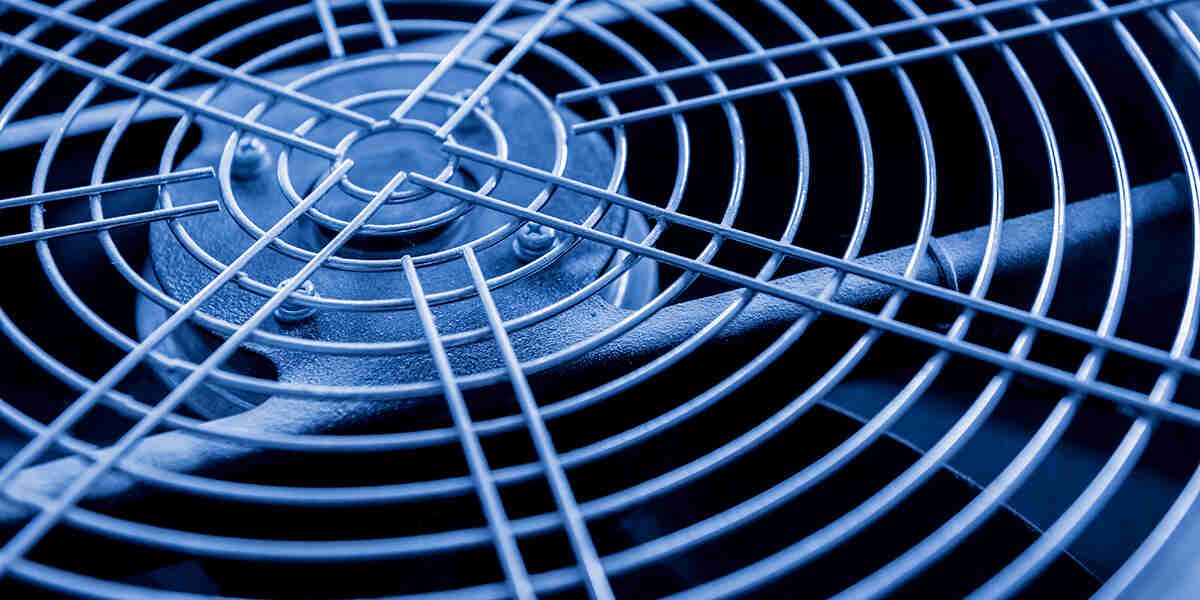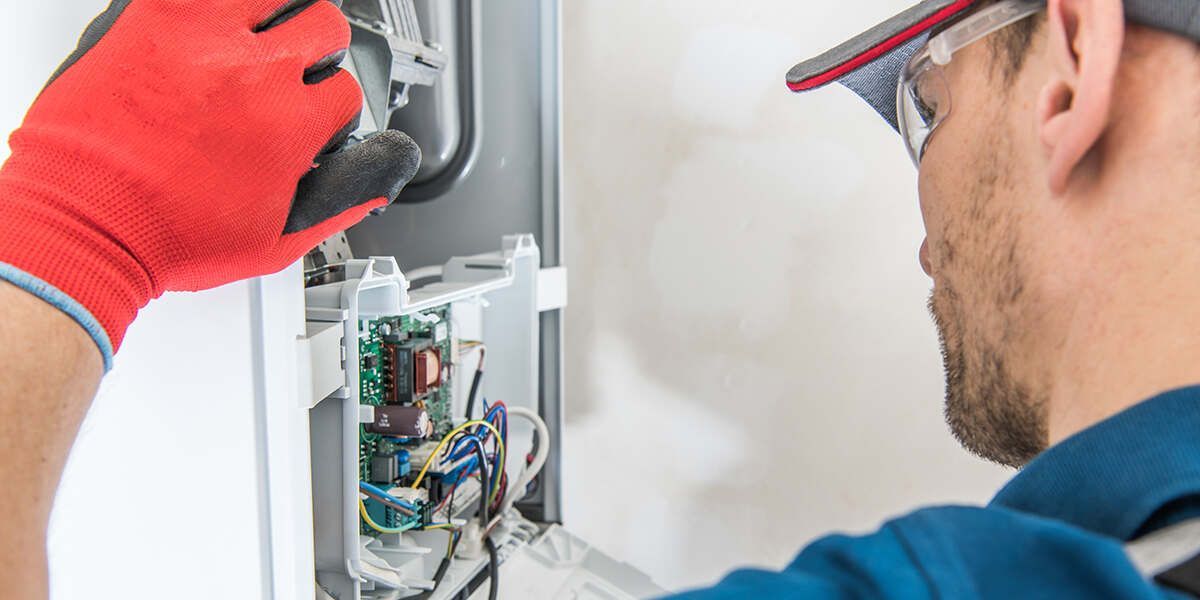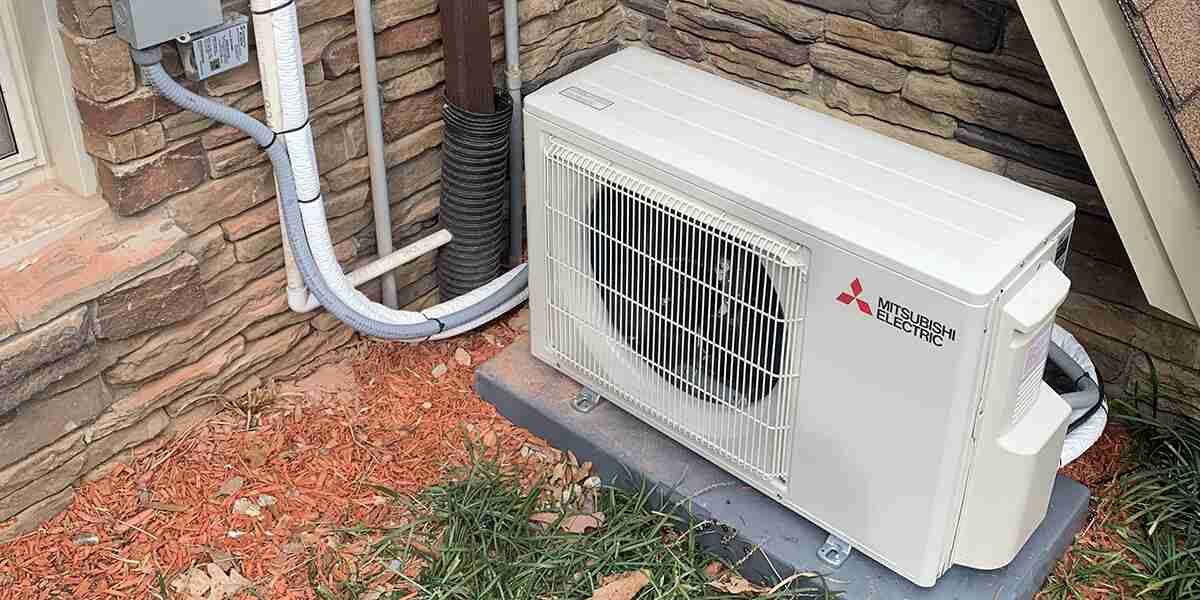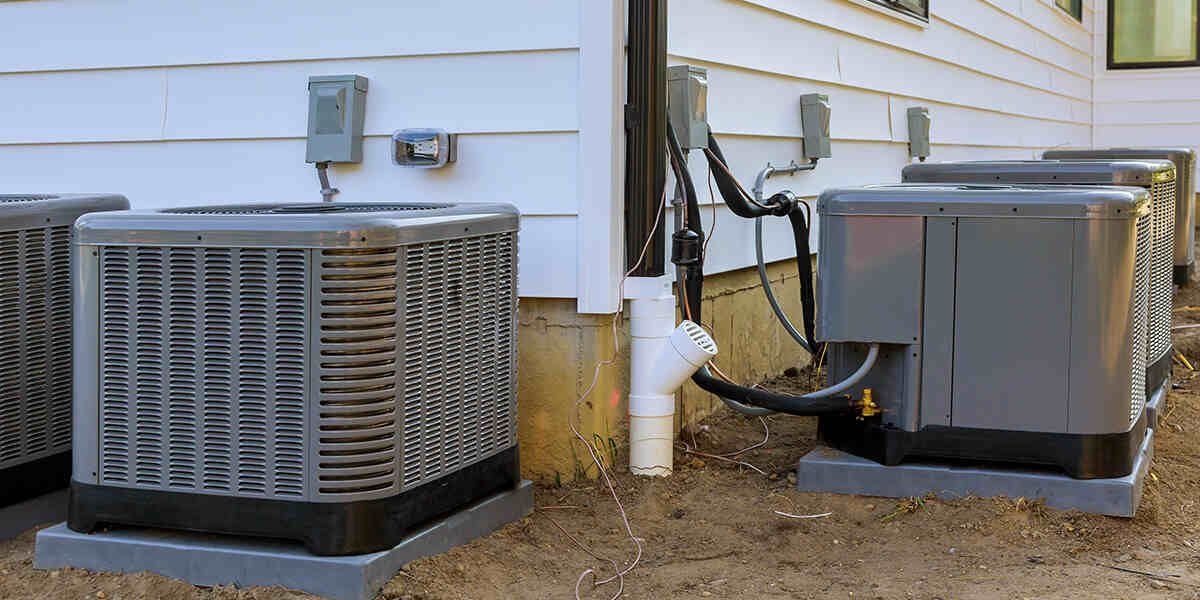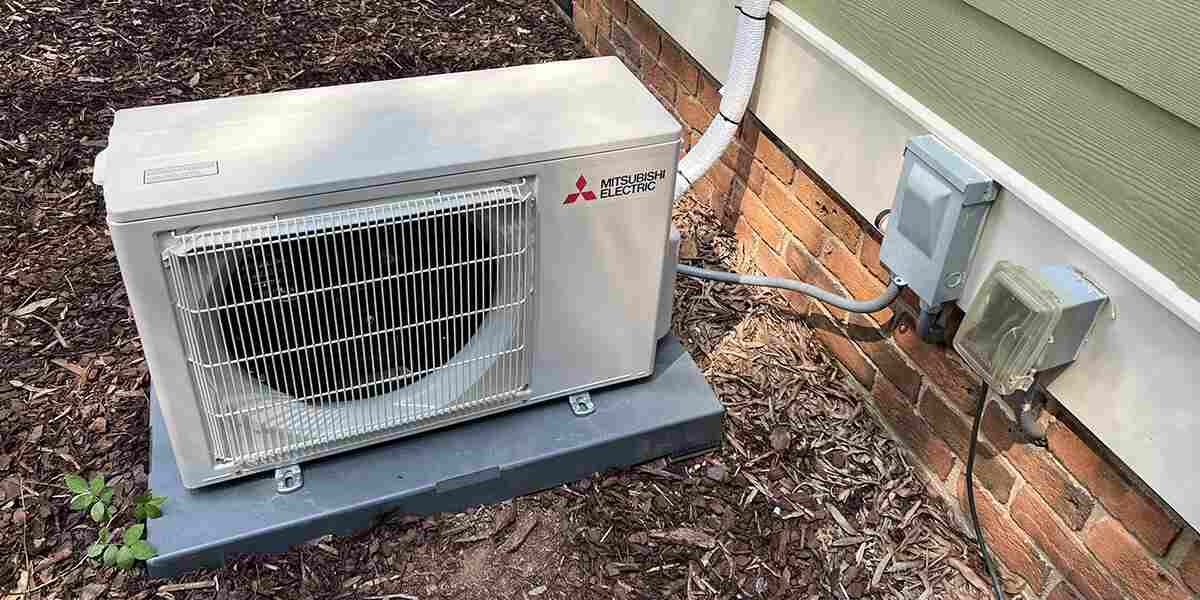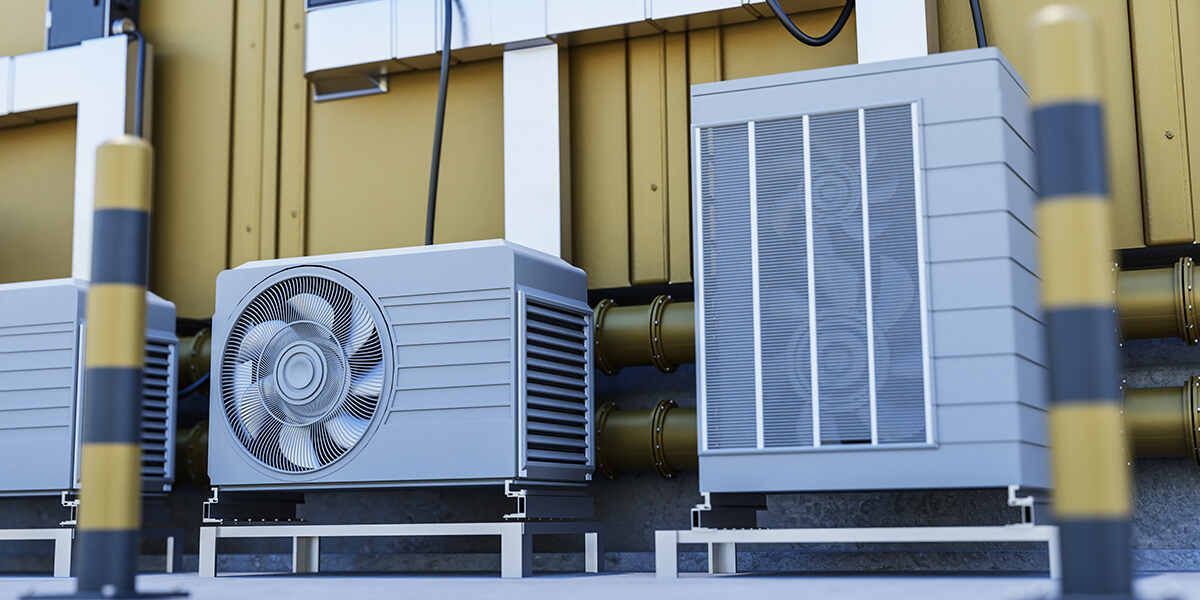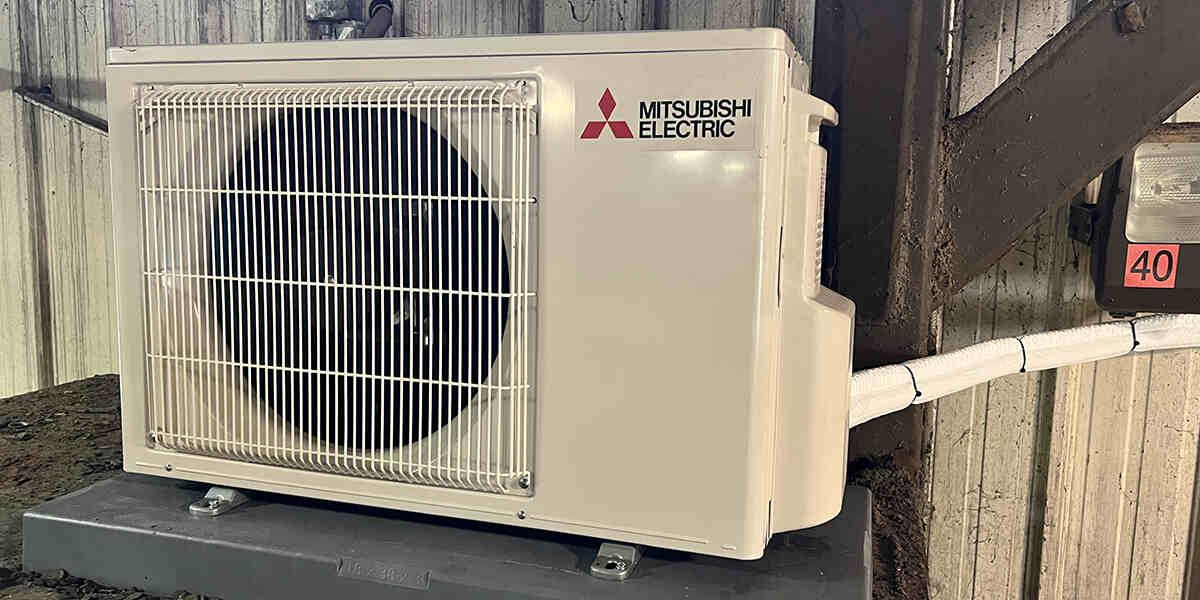How To Tell if a Furnace Is Gas or Electric: A Brief Guide
Does your furnace need maintenance or repair? Call us at Hickory Heating and Cooling LLC for an HVAC inspection.
Are you unsure whether your furnace is gas or electric? This common question can be a source of confusion for many homeowners. In this guide, Hickory Heating and Cooling LLC will explain how to tell if a furnace is gas or electric.
We'll delve into the key differences and signs to look out for, ensuring you're well-informed about your home's heating system. If you're seeking gas furnace repair near me, understanding your furnace type is the first step.
Identifying Your Furnace Type
Knowing whether you have a gas or electric furnace is crucial for maintenance, repairs, and understanding your home's HVAC system. Each type has distinct characteristics that can help you identify it.
Gas Furnaces: The Telltale Signs
Gas furnaces are common in many homes. Firstly, if your furnace has a flue pipe or vent, it's likely a gas unit. This pipe is crucial for venting out the combustion gases. Additionally, gas furnaces often produce a distinct "whooshing" sound when igniting. If you notice this sound, it's a strong indicator of gas heat.
Two other clues are the presence of a pilot light and gas line connected to the furnace, which are essential for its operation.
Electric Furnaces: Key Characteristics
Electric furnaces, on the other hand, operate differently. They don't require a flue pipe since there's no combustion involved. Instead, they use electric heating elements to warm the air. If you don't see a gas line or hear the "whooshing" sound typical of gas units, you likely have an electric furnace. Additionally, electric furnaces tend to have a different set of components, such as heating coils, which you won't see in gas models.
Understanding Gas vs. Electric HVAC Systems
If you want to learn how to tell if your furnace is gas or electric, you need to fully understand HVAC systems and why the difference actually matters.
Your home's HVAC system is not just a luxury but a necessity, especially during extreme weather conditions. It ensures a consistent and comfortable indoor environment, regardless of the temperature outside. Understanding the specifics of your HVAC system, be it gas or electric, is crucial for several reasons:
- Cost-Effective Operation: Electric furnaces, while more expensive to run, are generally cheaper to install and maintain. Gas furnaces, though more cost-effective in the long run, may have higher installation and maintenance costs.
- Safety Measures: Gas furnaces need regular checks for gas leaks and proper venting to prevent carbon monoxide buildup. Electric furnaces, though not dealing with combustible fuel, require regular inspections to avoid electrical hazards.
- Environmental Impact: Electric furnaces, particularly when powered by renewable energy sources, can be a more eco-friendly option compared to gas furnaces, which burn fossil fuels.
If you're experiencing issues like your HVAC blowing cold air in winter, this knowledge becomes even more critical. It helps you communicate effectively with repair technicians and ensures that you receive appropriate and efficient service for your specific system.
Gas or Electric: Energy Efficiency and Cost
When considering a gas or electric furnace, energy efficiency and operating costs are important factors. Generally, gas furnaces offer better efficiency in heating and lower operating costs, especially in colder climates. Electric furnaces, while typically more expensive to operate, offer benefits like easier installation and lower initial costs.
Furnace Maintenance and Safety Considerations
Whether you have a gas or electric furnace, regular maintenance can significantly extend its lifespan and prevent costly breakdowns. Scheduled check-ups can identify potential issues before they become major problems, saving you time and money in the long run.
Well-maintained furnaces operate more efficiently, which can lead to lower energy bills and a reduced environmental footprint, making regular maintenance not only a safety measure but also a financially and environmentally sound practice.
Call Hickory Heating and Cooling LLC for Furnace Maintenance Today
Determining whether your furnace is gas or electric is essential for proper care and maintenance. At Hickory Heating and Cooling LLC, we specialize in helping you understand and maintain your HVAC system. If you're facing issues like an HVAC blowing cold air in winter, our team is here to assist. We pride ourselves on providing top-notch service tailored to your needs.
For all your queries related to how to tell if a furnace is gas or electric, don't hesitate to call us at
(828) 618-4887. Trust Hickory Heating and Cooling LLC for reliable and expert HVAC solutions.
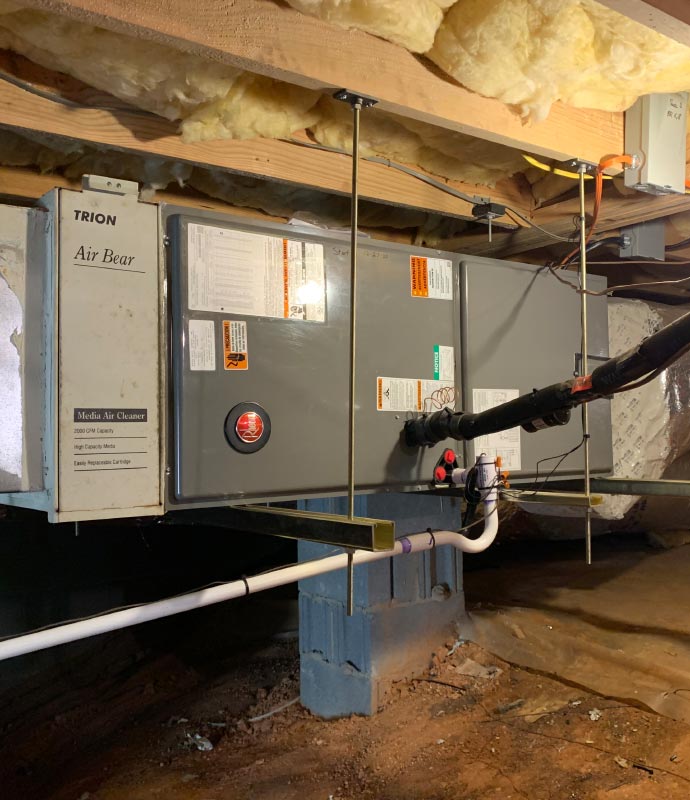
Contact Information
Address: 1529 16th St NE Hickory NC 28601
Phone: (828) 679-1067
Business Hours:
Mon - Fri: 08:00 AM to 05:00 PM
Sat-Sun: Closed
Emergency After Hours Service Available
All Rights Reserved | Hickory Heating and Cooling LLC

